What Are The Most Common Causes Of Small Business Failure
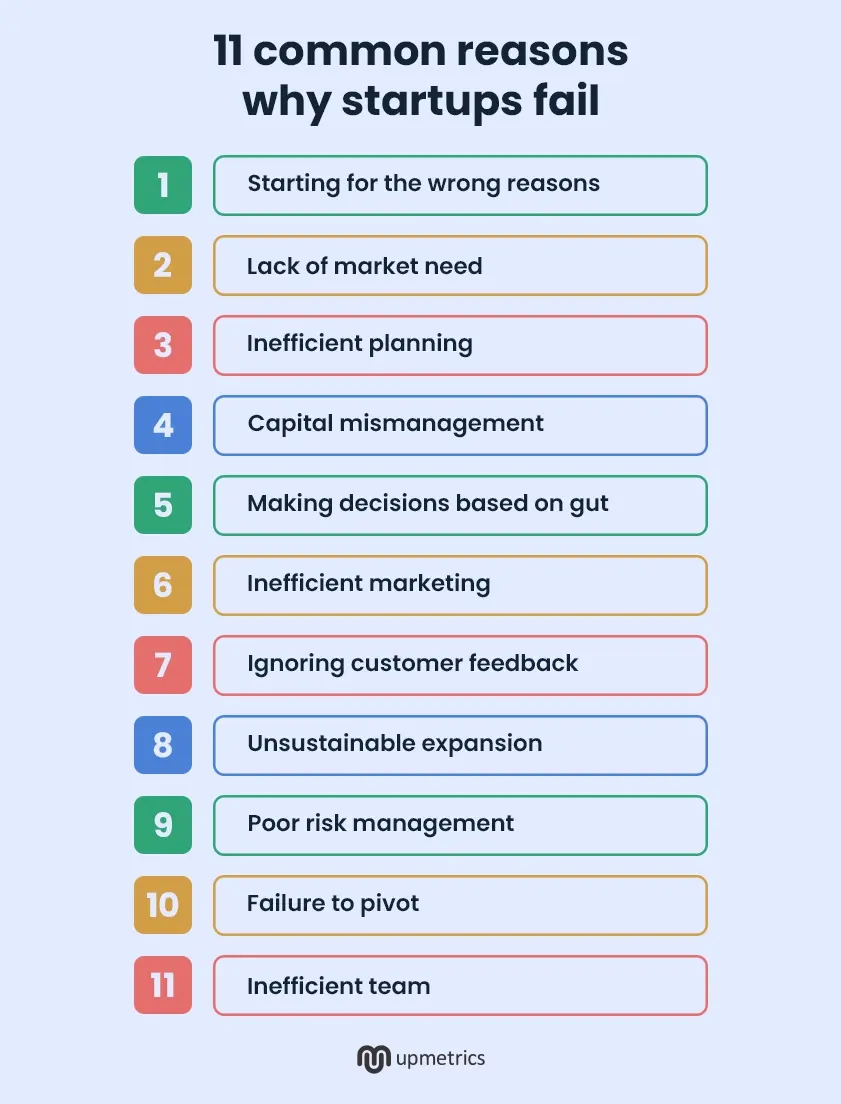
Small businesses are collapsing at an alarming rate, leaving entrepreneurs devastated and economies weakened. Understanding the root causes is now more critical than ever to prevent further losses.
This article will dissect the most common reasons small businesses fail, providing a clear roadmap of potential pitfalls for both aspiring and current business owners. By examining these factors, entrepreneurs can better equip themselves to navigate the treacherous waters of the business world and increase their chances of survival and success.
Cash Flow Catastrophes
Poor cash flow management is a consistent killer.
Many businesses fail to adequately track and project their income and expenses, leading to a sudden and unexpected lack of funds. This can prevent them from paying employees, suppliers, or even keeping the lights on.
Marketing Missteps
A lack of effective marketing is another primary reason for failure.
Businesses cannot survive without customers, and without proper marketing, they simply won't be able to attract enough of them. This includes failing to adapt to the evolving digital landscape and neglecting online presence.
Management Mayhem
Inexperienced or ineffective management can cripple even the most promising ventures.
Poor leadership can result in bad decision-making, disengaged employees, and a lack of strategic direction. It's crucial to have experienced and skilled individuals at the helm of a small business.
Financial Fumbles
Insufficient funding and poor financial planning are recurring themes in business failures.
Many businesses launch without enough capital to sustain them through the initial lean months or years. Failing to secure adequate funding can quickly lead to debt and ultimately, closure.
Operational Oversights
Inefficient operations and inadequate infrastructure can significantly hinder growth.
Businesses need to streamline their processes and invest in the right technology and resources. Failing to do so can lead to higher costs, lower productivity, and decreased competitiveness.
Competitive Conundrums
Intense competition and the inability to differentiate a business can be a death knell.
The market is often saturated with similar businesses, making it essential to offer something unique and valuable to stand out. A failure to adapt to changes in the market can be fatal.
Economic Earthquakes
External economic factors, such as recessions or rising interest rates, can have a devastating impact on small businesses.
Small businesses are often more vulnerable to economic downturns due to their limited resources and smaller profit margins. The unpredictable nature of the economy remains a significant threat.
Data Deep Dive
A study by the Small Business Administration (SBA) indicates that around 20% of small businesses fail within the first year.
Furthermore, nearly half of all small businesses don't make it past five years. A Dun & Bradstreet study highlights that more than 90% of business failures are due to management mistakes.
Expert Insight
According to Michael Gerber, author of "The E-Myth Revisited", many entrepreneurs are skilled technicians but lack the managerial skills necessary to run a successful business.
He emphasizes the importance of working "on" the business, rather than just "in" it. He recommends focusing on systemizing and automating your business.
Conclusion
The high failure rate of small businesses underscores the importance of thorough planning, effective management, and a deep understanding of the challenges ahead.
Ongoing initiatives and resources are continuously being developed to support entrepreneurs. These resources include mentorship programs, government grants, and access to affordable capital. Seeking guidance and support can dramatically increase the chances of survival and success.
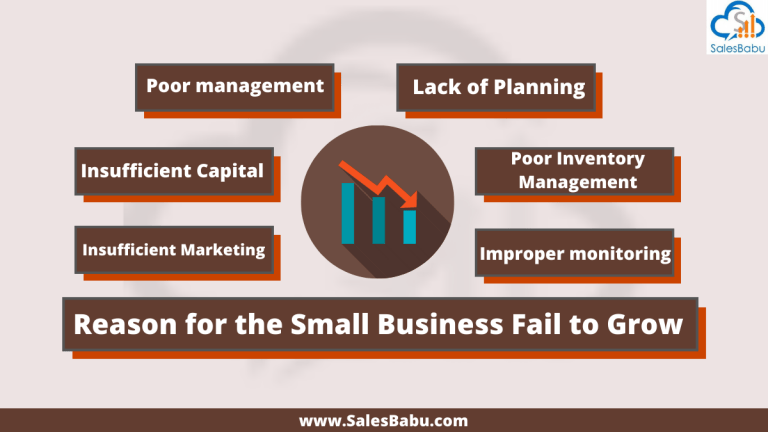

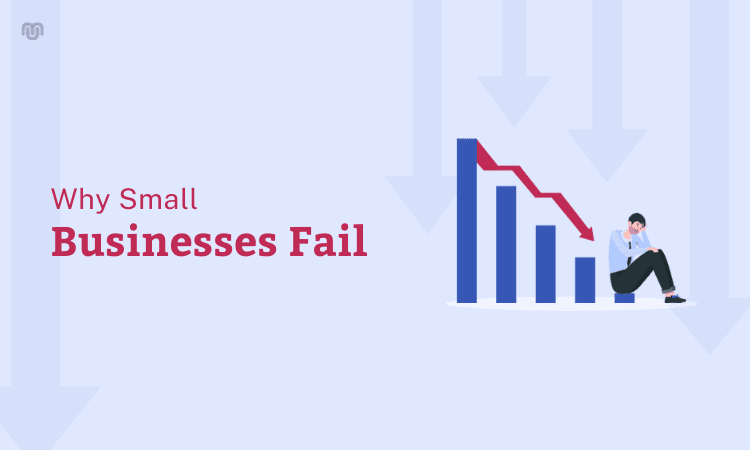

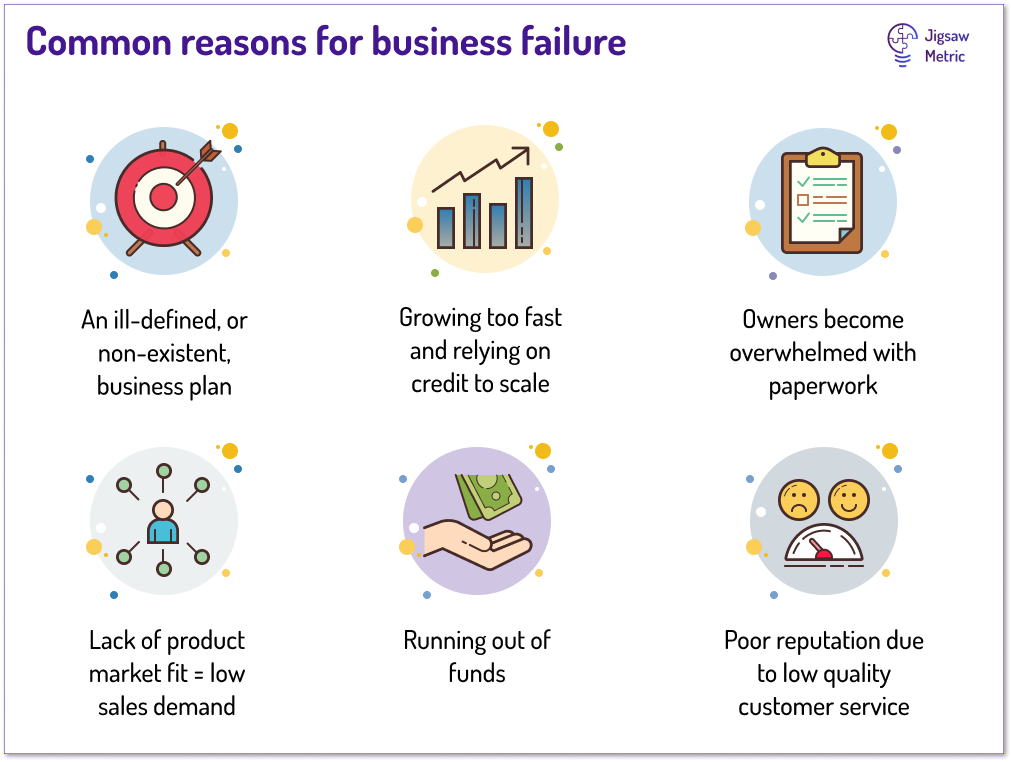



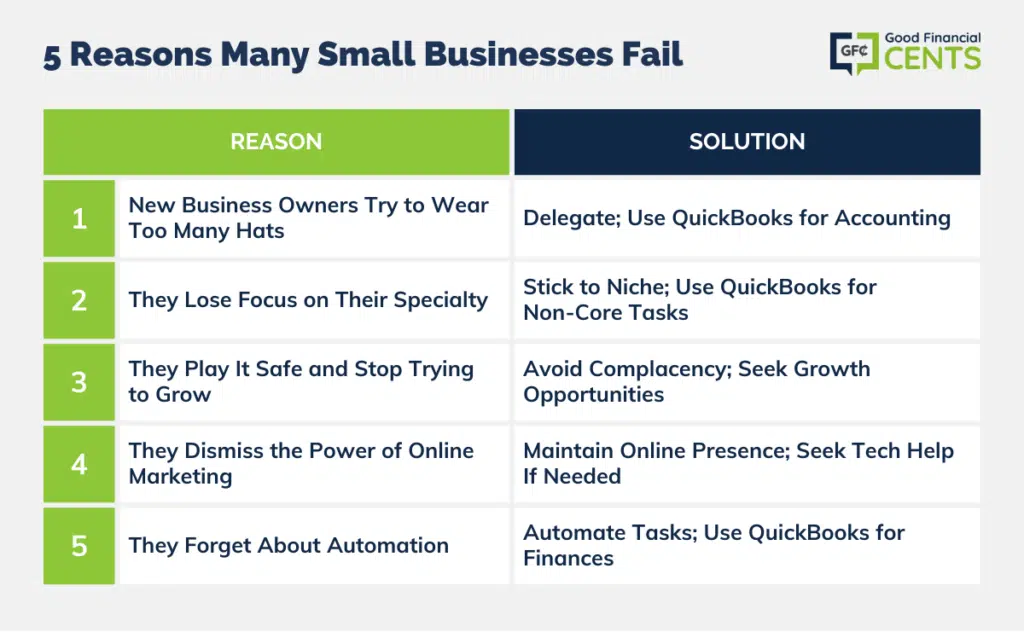



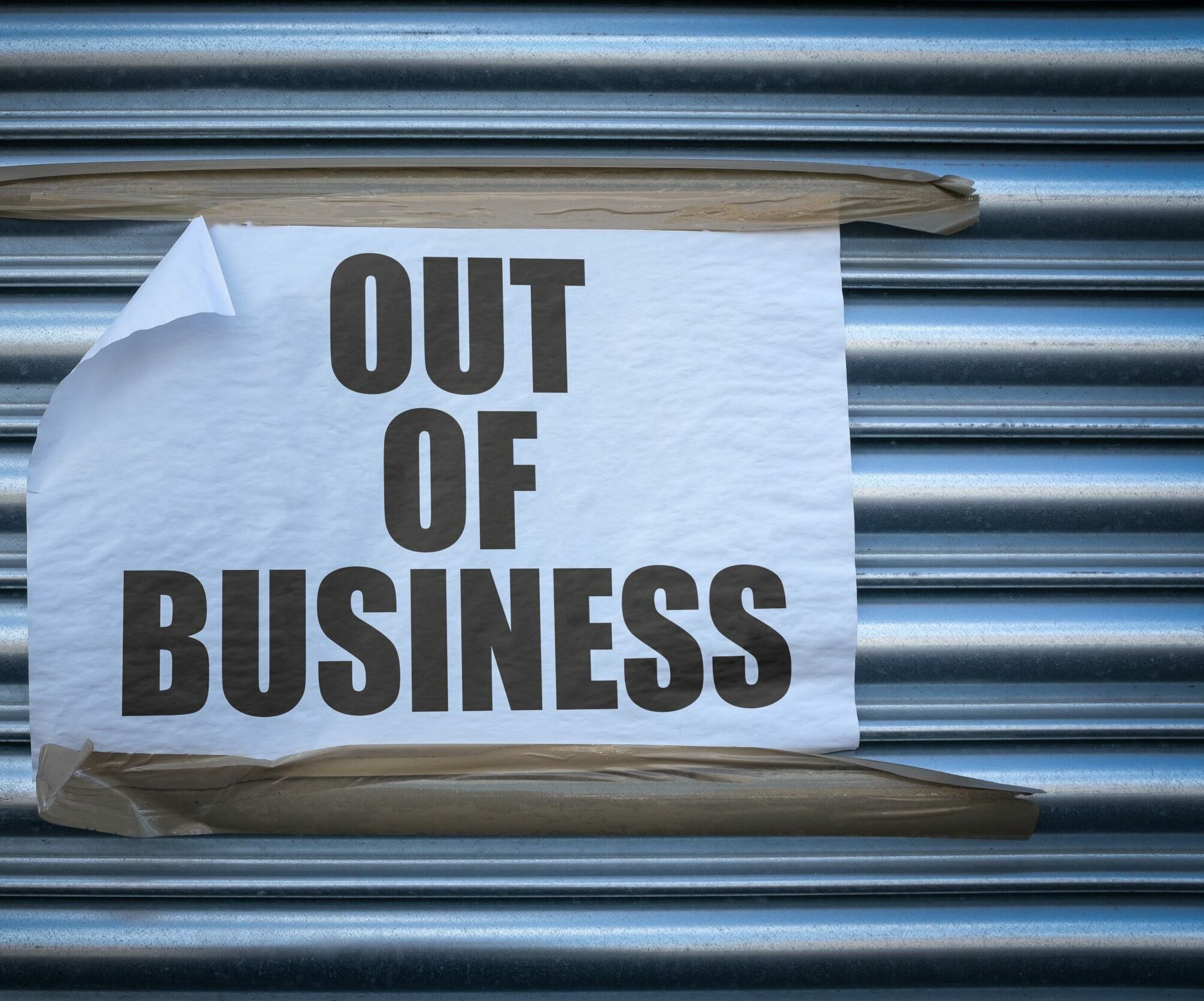
.jpg)
![What Are The Most Common Causes Of Small Business Failure What Percentage Of Small Businesses Fail? [2023]: Top Reasons And](https://www.zippia.com/wp-content/uploads/2022/03/why-do-small-businesses-fail.jpg)


